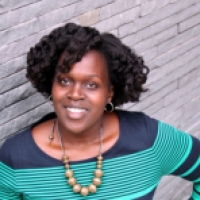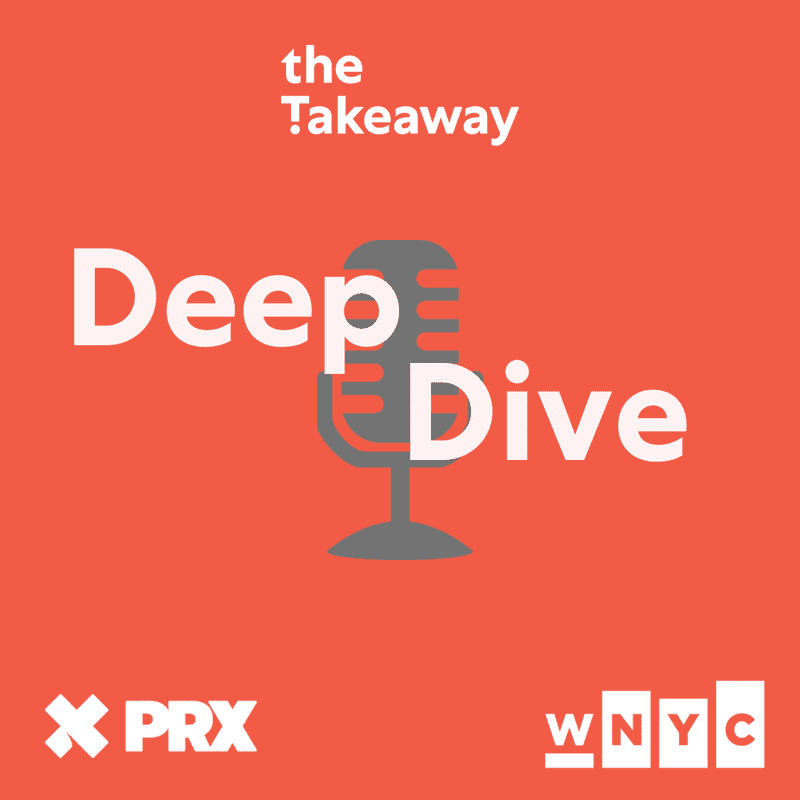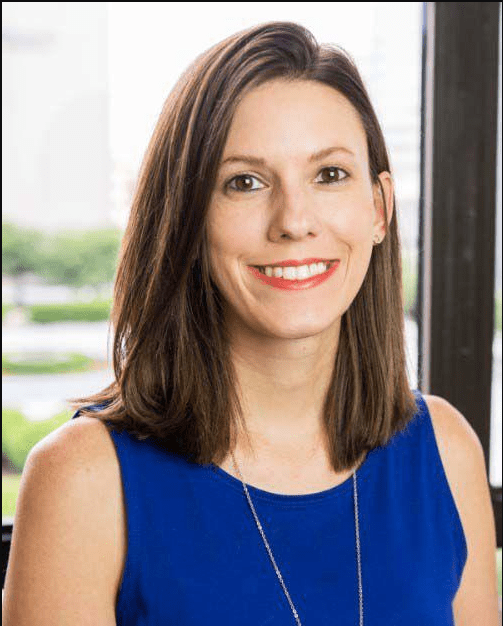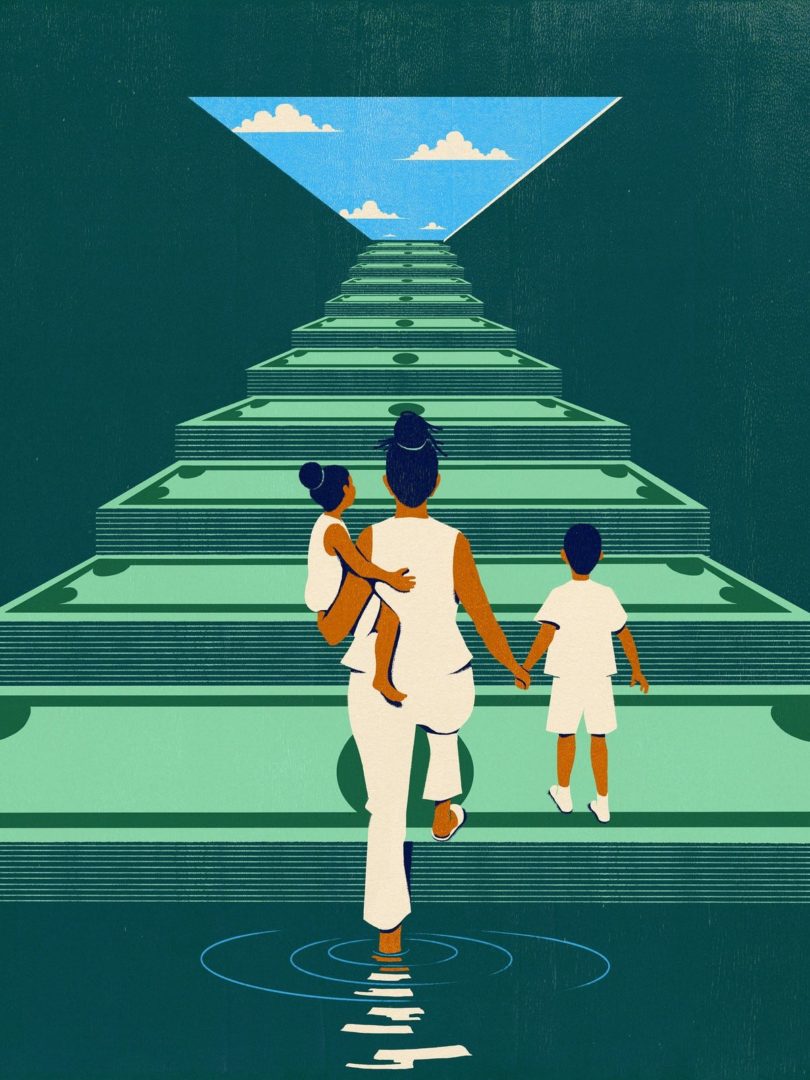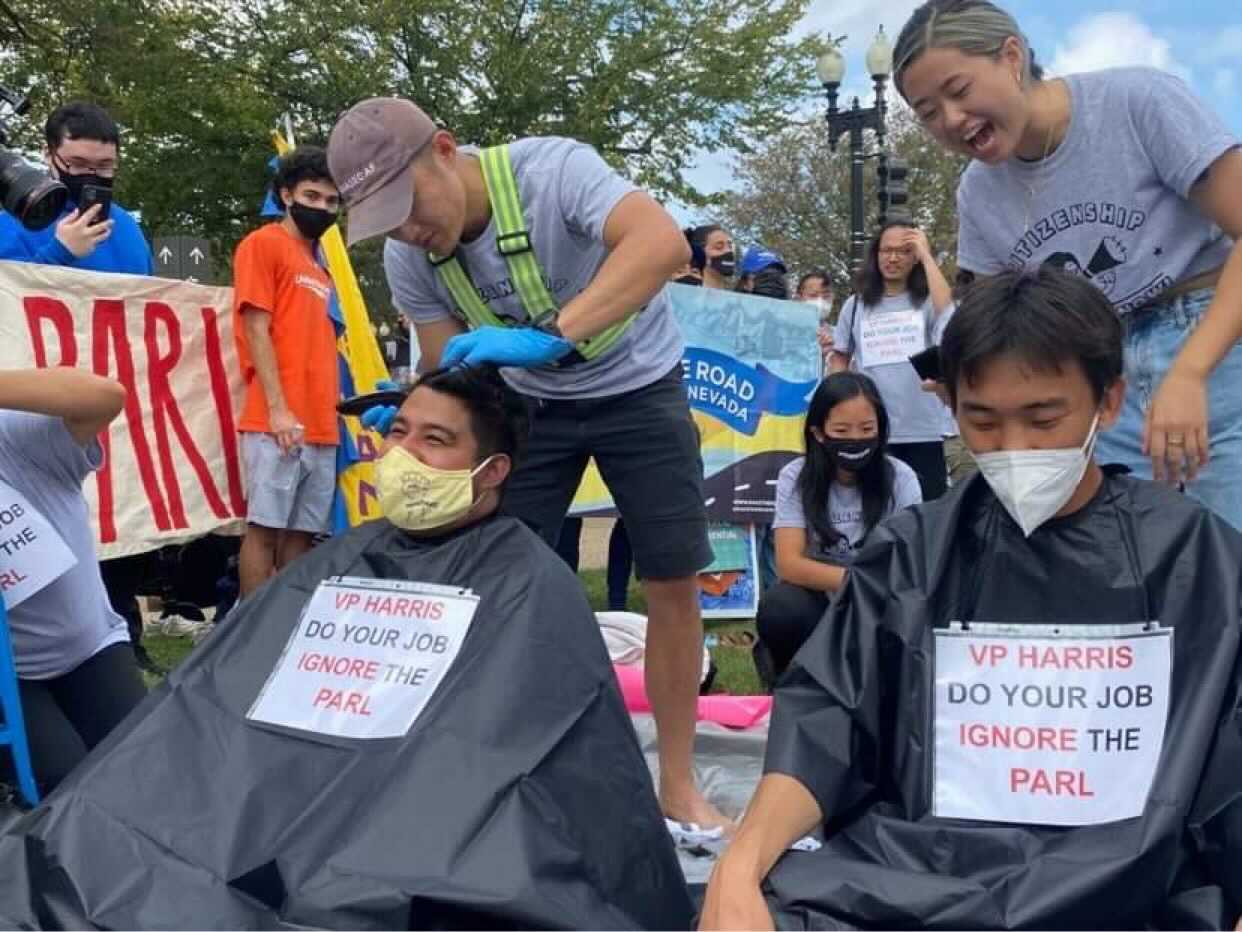As we prepare this newsletter, inside negotiations are shaping the Build Back Better agenda. The final package may well define President Biden’s first term in office. It is also the Democrats’ best hope for holding onto the House and the Senate in 2022.
But this moment is more than a political play. It also represents a transformation in policymakers’ decades-long consensus on the limited efficacy of government spending in the lives of ordinary people. Not since the 1960s and President Johnson’s Great Society has a leader–from either party–set forth a vision for federal policy that centers those communities in greatest need.
But neither President Johnson nor President Biden set out their agendas for transformational change by accident. Movements–and movement groups like Community Change–set the agenda, and the vision it reflects will far outlast this congressional session. The Build Back Better package gained traction thanks to over two decades of organizing among Black, brown, immigrant, working class, and low-income communities across the country. And this year, it made it to the White House because of Community Change Action’s work to change the balance of power in politics.
In 2020, Community Change Action, along with Community Change Voters (PAC) and our grassroots partners, had real conversations with millions of voters across the country to mobilize and persuade those who are invisible to traditional campaigns. These voters created this governing moment, and they are the heart of the electoral powerhouse that Community Change Action is building.
Since Election Day, Community Change and our partners on the ground have poured our energy into mobilizing voters on issue advocacy campaigns for bold, national legislation that significantly improves their lives and communities.
Delivering with and for these voters–showing that their voices do matter–is the best way to create favorable conditions for the 2022 midterms. We are fighting for four specific policy goals: child care, housing, an inclusive and refundable Child Tax Credit (CTC), and citizenship.
Whether or not the final package includes all of our priorities–and we are doing everything we can to make sure it does–we should all claim victory for the role we played in this pivotal moment. Because of the economic, racial, and immigrant justice movement and political powerhouse Community Change has helped to build, our communities are at tables of power. Our leaders shaped the statements coming from Congressional decision makers. And the policies that emerge will crystalize our power at this moment in time.
Regardless of what makes it to a final vote, it will not be enough. The fight and our collective work will continue. Community Change is ready to take these wins and make sure that our communities experience all the benefits of the policies they’ve fought so hard to achieve. And through the implementation of these policy wins, we have an extraordinary new power-building opportunity with our partners. We can build on our voter engagement work, bring more people into the movement through implementation work, and mobilize these leaders to reach more voters in 2022. When ordinary people come together, we can win extraordinary change. Our commitment to that core principle cannot be shaken.


